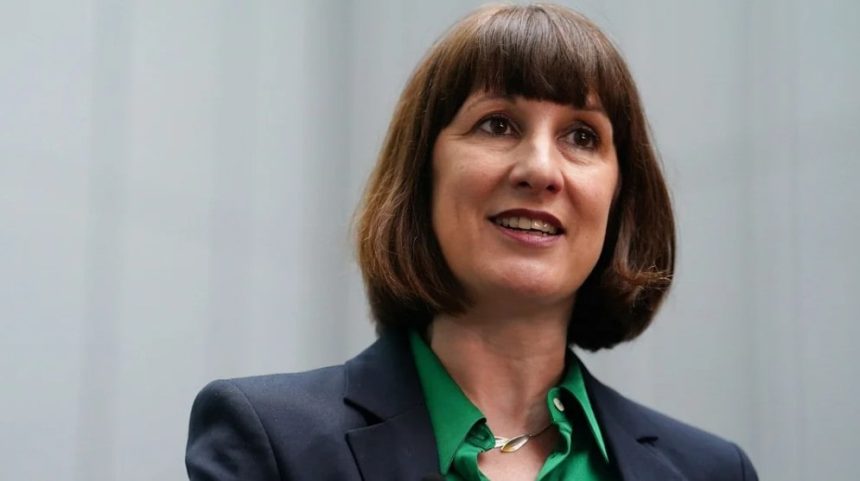The UK is facing a worrying rise in unemployment, the highest we’ve seen in years. As the numbers climb, all eyes are turning to Labour’s Shadow Chancellor Rachel Reeves. Is she the solution this situation needs, or could her strategy be making things worse?
It’s a question that’s dividing opinions across the country, especially as families, businesses, and communities feel the impact of growing job losses.
The Impact of Rising Unemployment
The latest reports show a sharp increase in unemployment, leaving many people wondering what’s really behind it. For those losing their jobs, this isn’t just about statistics—it’s about losing stability, security, and a sense of direction.
Some experts say this is the result of a long chain of events, from the pandemic to the cost-of-living crisis and even Brexit’s lingering effects. But others are focusing on the decisions being made now, with Rachel Reeves’ economic policies coming under fire.
Across industries, from retail to manufacturing, people are worried. Job security is becoming more uncertain, and the feeling on the ground is that more help is needed—fast.
Political Leaders Are Facing Tough Questions
Rachel Reeves has built her platform on financial responsibility and long-term growth, promising to steer the economy toward a better future. But as the unemployment rate rises, critics argue that her strategies aren’t creating jobs quickly enough.
Some say her cautious approach to spending isn’t helping areas that are struggling the most. Others think she’s being unfairly blamed for deep-rooted problems that go far beyond her control.
Reeves has defended her position, saying her focus is on building something sustainable rather than offering short-term fixes. Still, with people losing their jobs now, frustration is bubbling over. Many feel that the support they need isn’t coming soon enough.
People Across the UK Are Speaking Out
The rise in unemployment isn’t just a political story—it’s personal for thousands of people who are now facing the stress of job hunting and financial pressure.
On social media, in communities, and in local forums, people are sharing their own stories. Some are angry, some are scared, and some simply want answers.
A growing number are asking whether enough is being done to protect jobs and whether political leaders, including Reeves, are listening closely enough to those affected.
Some supporters of Reeves argue that she’s working within a broken system left behind by years of poor leadership. Others feel let down, saying Labour needs to act faster and do more to help those who are struggling right now.
What This Could Mean for Labour’s Future
With a general election possibly on the way, the timing couldn’t be more critical for Labour. The rise in unemployment is shaping into a major test of public confidence, not just in Rachel Reeves but in the party’s whole economic vision.
How Reeves responds in the coming weeks could play a big part in Labour’s chances. People are watching to see if she can offer real solutions or if frustration will continue to grow.
For now, one thing is certain: the debate around jobs, the economy, and political accountability isn’t going anywhere. It’s personal, it’s urgent, and people across the UK are ready to have their say.






